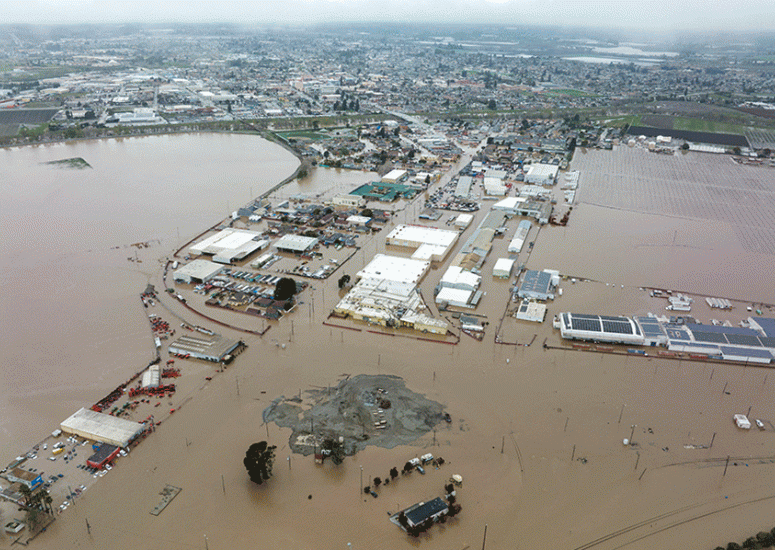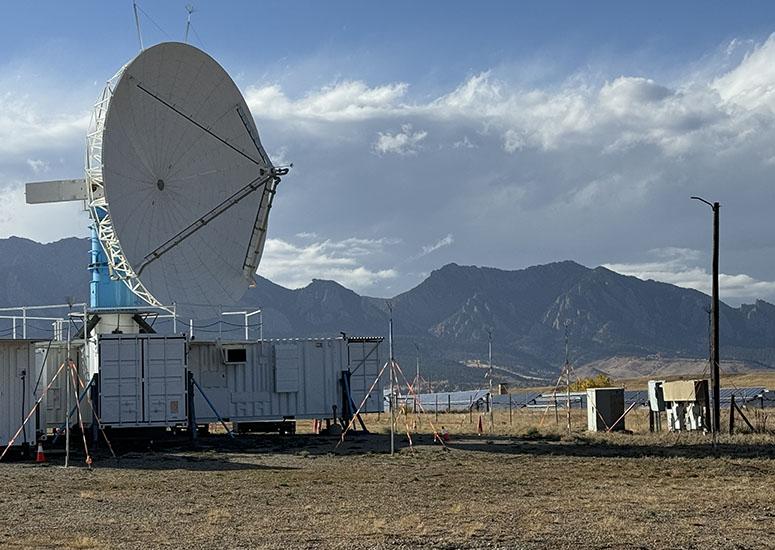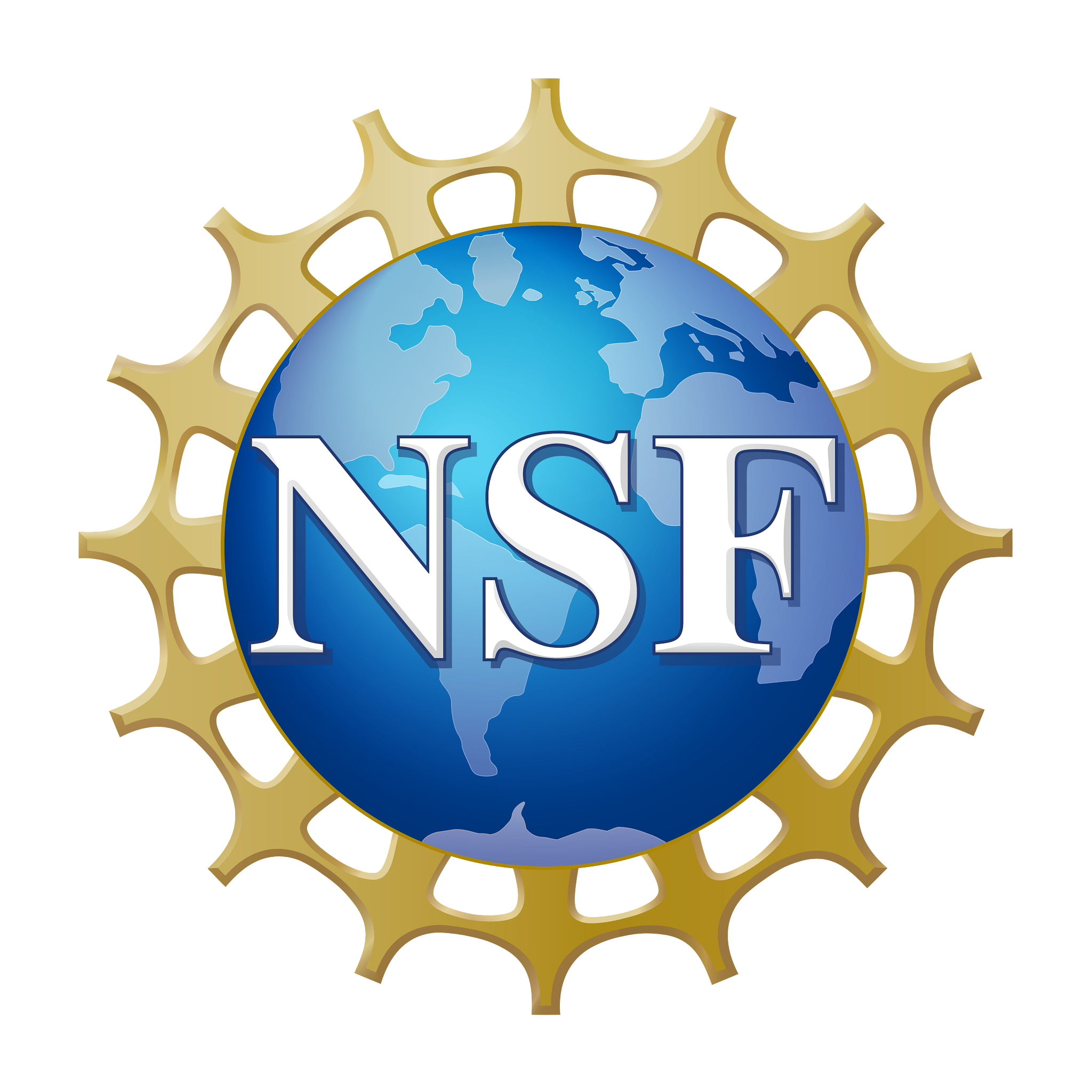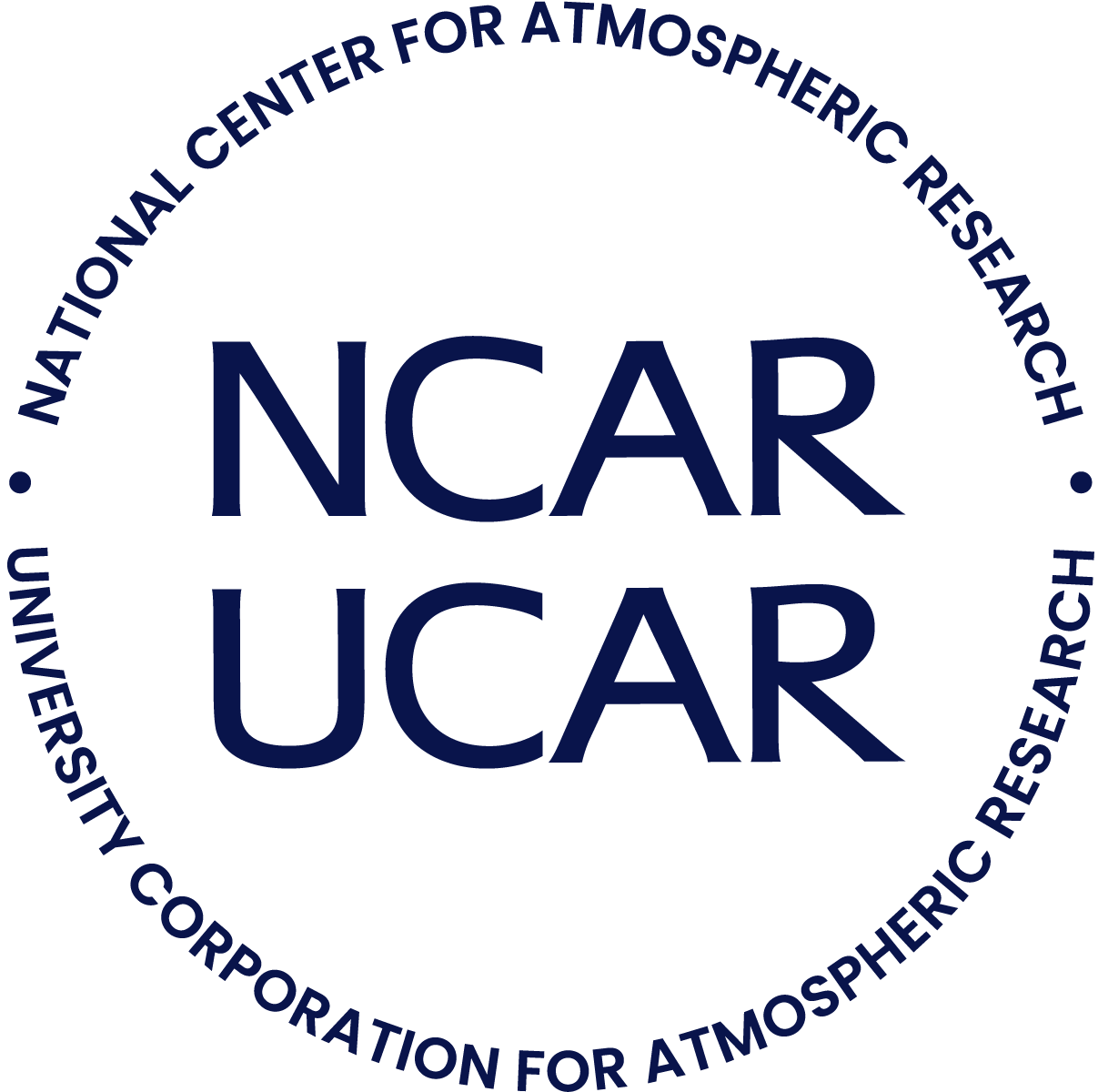-
UCAR statement on the passing of former Trustee Berrien Moore
The University Corporation for Atmospheric Research (UCAR) joins the Earth system science community in mourning the loss of former Trustee and colleague Berrien Moore.
- Organization
-
2024 Year in Review
The research coming out of the U.S. National Science Foundation National Center for Atmospheric Research (NSF NCAR) in 2024 ranged from mesmerizing to potentially life saving. From breathtaking celestial wonders to hurricane research that aims to make society more resilient, here are the highlights of NSF NCAR’s top science stories from the past year.
- Data
-

Changes in store for atmospheric rivers
The warming climate will have differing effects on atmospheric rivers depending on location.
- Climate
-
NOAA, UCAR renew, expand partnership to advance extreme weather research
The MOU is designed to facilitate sharing research, tools, and data by enabling scientists to more productively conduct research with each other.
- Organization
-

Instrumentation dream team
Scientists at the U.S. National Science Foundation National Center for Atmospheric Research (NSF NCAR) are proposing a sensor network called the LOwer Troposphere Observing System (LOTOS). LOTOS aims to improve observations of the troposphere, the lowest region of Earth's atmosphere, by simultaneously sampling the atmosphere horizontally and vertically.
- Data

